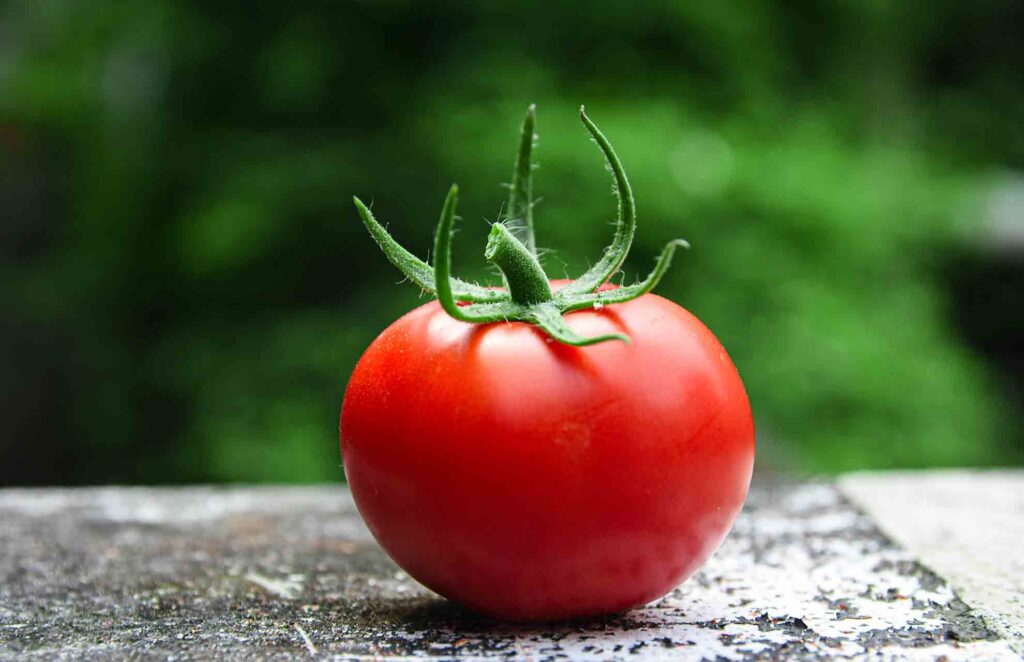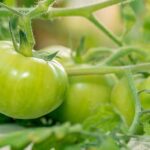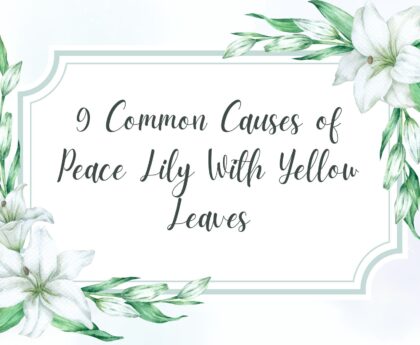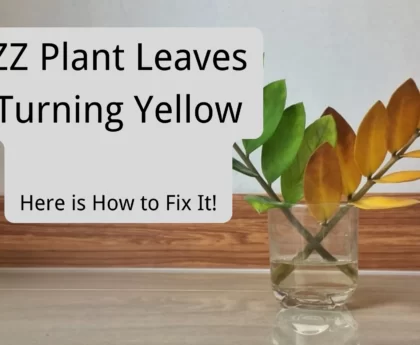This is genuinely the most frequent declaration made about the use of espresso grounds in your garden. Coffee grounds comprise about 2% nitrogen and hint quantities of phosphorus and potassium. But will coffee grounds will enhance the success of your tomato plants? Of course, it will.
Does Coffee Grounds Add Nutrients To Your Tomatoes
In proposition, this should work. As the grounds are broken down in the soil, they will naturally release nutrients. They won’t give immediate nutrients, but over time, they will increase situations in the soil.
Still, if you’re looking to replace your toxin, you may want to reevaluate it. Indeed the most average slow-release toxin designed for tomatoes has much-advanced attention to nitrogen, phosphorus, and potassium.
The minuscule 2 attention in coffee grounds won’t do your plants any favors in the early growth phase when tomatoes need a lot of nitrogen to stimulate leafage growth.
Tomatoes are fast-growing, nutrient-empty plants. Do your plants a favor and invest in organic tomato-specific fertilizers that are designed to help your plants grow efficiently at each stage of their growth cycle.
Does Coffee Grounds Acidify Soil
This is presumably the alternate most common myth around adding coffee grounds to your tomato plants. Tomatoes thrive in a slightly acidic terrain. They’re happiest at a pH level of 6-6.5.
You can fluently test your soil at home with a pH meter or soil test strips to see where your soil naturally falls. However, you’ll need to amend it with a soil acidifier( this is much easier to do when planting tomatoes in containers), if your soil is too alkaline.
Coffee is thought of as acidic so it’s no wonder that it was allowed as a ‘hack’ for soil acidification. Unfortunately, they’re only slightly acidic and are frequently considered to have a further neutral pH level( most frequently around6.5-6.8).
Do Coffee Grounds Make Good Mulch
You can use a lot of organic accouterments as mulch. Straw, grass parings, wood chips, and crushed-up leaves are all things you can repurpose from your yard( if it hasn’t been treated with pesticide/ fungicide).
On paper, it looks like coffee would be a great addition to this list. It’s finely textured like coconut coir, it’s an organic material, and it sluggishly releases macro-nutrients over time. Coffee should be a winner! In actuality, adding 1-2 inches of coffee grounds to your garden as mulch can beget further problems than it solves.
The number one issue is water. As they sit, coffee grounds compact and form a hard layer over the soil. This can beget a hydrophobic surface. Instead of helping the soil retain water, those hardened grounds help water from getting to the soil and the roots of your tomatoes. However, it can also beget aeration issues in the soil, which can suffocate the roots of your plant, if the layer is thick enough.

Does Coffee Grounds Are a Good Weed Barrier
Keeping your garden clear from weeds can feel like a noway-ending task. The good news is that you can companion factory certain flowers and sauces with your tomatoes to take some of the work off your plate. Running nasturtiums, marigolds, chives, and basil all make excellent weed walls around your tomatoes and have the added benefit of pest control as well!
But the question is whether coffee grounds would make a good weed hedge. In the former section, we discovered that the hard, compact layer created by coffee ground ‘mulch’ averted the soil from entering acceptable water and air.
On paper, this would indicate that it would make an excellent weed hedge! Weeds won’t grow where there’s no water or air. While this is true, we also now know that this condition is mischievous to your tomatoes. However, it doesn’t really count if weeds grow or not, if the action you take kills your tomato plants.
Do Coffee Grounds Deter Pests
The problem with said extrapolation is that used, it’s been shown that they’ve minimum situations of caffeine. However, draggers and slugs will just roll right over them and still eat all your juicy tomatoes, if you sprinkle grounds around your factory.
There’s also zero substantiation that they discourage other tomato pests like aphids, flea beetles, or white flies. However, you’ll be far better off fastening on remedies that are concentrated on that particular pest, if you’re looking to discourage pests or annihilate an infestation. You can also try companion planting your tomatoes, which is natural and works as a natural interference.
Does Coffee Grounds Prevent Fungal Disease
Fungal conditions can be ruinous to your tomato plants. Frequently, by the time you notice a problem through splint curling or yellowing, the complaint is fairly established. Numerous conditions are fatal to a factory unless caught in the foremost stages.
The problem is the same, still, with the slug issue mentioned ahead. Concentrated situations of caffeine are just not possible in coffee grounds. Amending soil or adding them to compost will probably each help the general health of your soil, but that won’t achieve the same results as the study.
Let‘s Compost
A healthy compost pile needs a particular rate of carbon to nitrogen accouterments to break down efficiently and give your plants the nutrients they need. This really just means that your compost needs a healthy blend of ‘green’ and ‘brown’ accouterments.
They’re considered a ‘green material’ (those high in nitrogen) just like food scraps, lawn parings, and eggshells. Brown accouterments – shredded paper, straw, or fall eaves – are carbon-rich and give the other side of the composting equation.
A general rule of thumb is that over 20 of your compost pile can be made up of coffee grounds. It would be kind of shocking if you actually achieved that position, so don’t worry about measuring this. Simply aim for a healthy blend of flora and browns; your compost will do the heavy lifting!
Final Thoughts
There are a lot of myths in the gardening world, and they without a doubt abound when it comes to matters like espresso grounds, eggshells, and Epsom salt. I hope this article used to be beneficial to you in figuring out how satisfactory to use coffee grounds in your garden. When in doubt, continually decide for composting. It is a surefire way to repurpose what would typically be trash into a nutrient-rich treasure. Happy planting!









